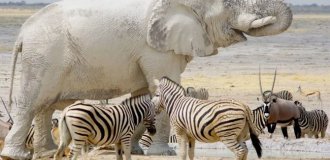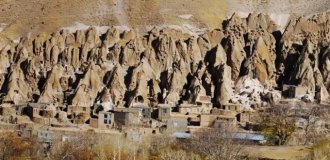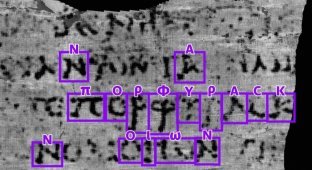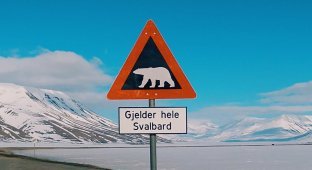Scientists have found the blackest river on the planet (7 photos + 1 video)
While studying the Ruki River, a left tributary of the Congo in Africa, scientists determined that this river is the darkest on the planet. They explained why this happened and why the river is of such interest to researchers. 
An international team of scientists led by ETH Zurich initially set out to study the carbon cycle in the Congo Basin. In the process of work, they studied the darkest river in the world - the Hands, a left tributary of the Congo. Experts were struck by the color of Ruka’s water compared to other tropical rivers - according to them, if you put your hand in the black water, it is almost impossible to see it.
The black color of the water is explained by the fact that the river contains a large amount of dissolved organic matter and almost no sedimentary rocks. Carbon-rich substances enter the river along with decaying plant material from the jungle through which it flows. The river also often overflows its banks and floods the area, “collecting” organic debris. Experts call Ruki "tea from the jungle." 
Despite the uniqueness of the river, Ruki has never been studied before. Seasonal water levels have been recorded since the 1930s, but data on the chemical composition have not yet been provided. Dark water is not its only feature. Its drainage basin, four times the size of Switzerland, is covered in pristine primary lowland tropical forests. Along the river there are large peat bogs with huge amounts of undecomposed plant material that absorbs carbon. 
Only recently have scientists begun to conduct extensive analyzes of Ruka's water to determine the amount of dissolved organic carbon in the water, and most importantly, where it comes from. Experts took measurements every two weeks, and water samples were sent to the ETH Zurich laboratory for analysis. As a result, their guesses were confirmed: they found that the waters of Ruca contain four times more organic carbon compounds than the Congo, and 1.5 times more than the Rio Negro River in the Amazon. In addition, a fifth of all dissolved organic carbon in the Congo River comes from Ruka. 
Carbon isotope analysis also showed that most of the carbon came from forest vegetation, rather than from peat along the river, as previously thought. So far the peat bogs are not a threat and the river itself is not under threat. However, due to changes in land use and deforestation, the river may also change. This can cause peat bogs to dry out and become decomposed by bacteria, releasing huge amounts of CO2. Scientists are now studying other tributaries of the Congo, the Kasai and Fimi, as they continue to collect carbon data. 
































